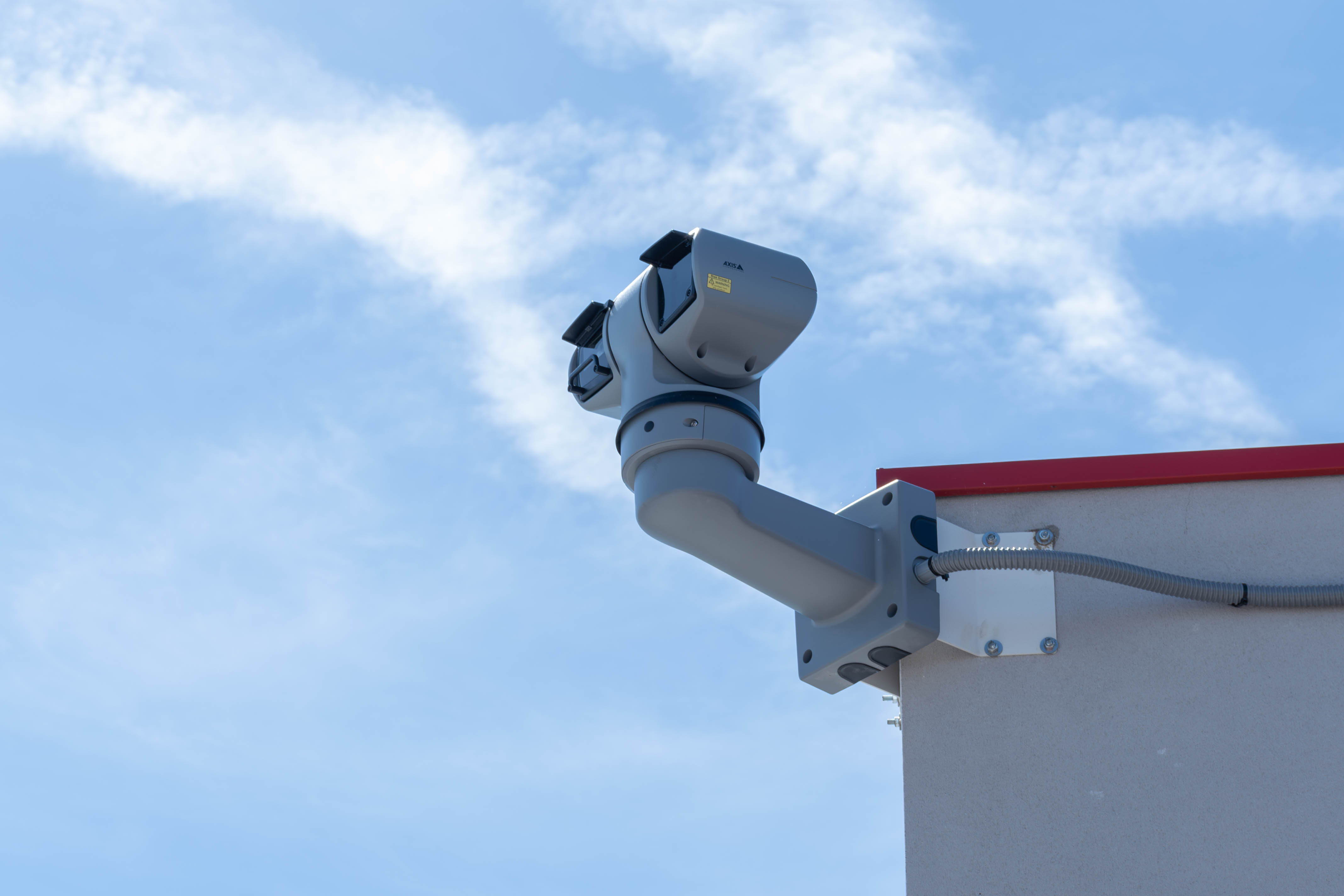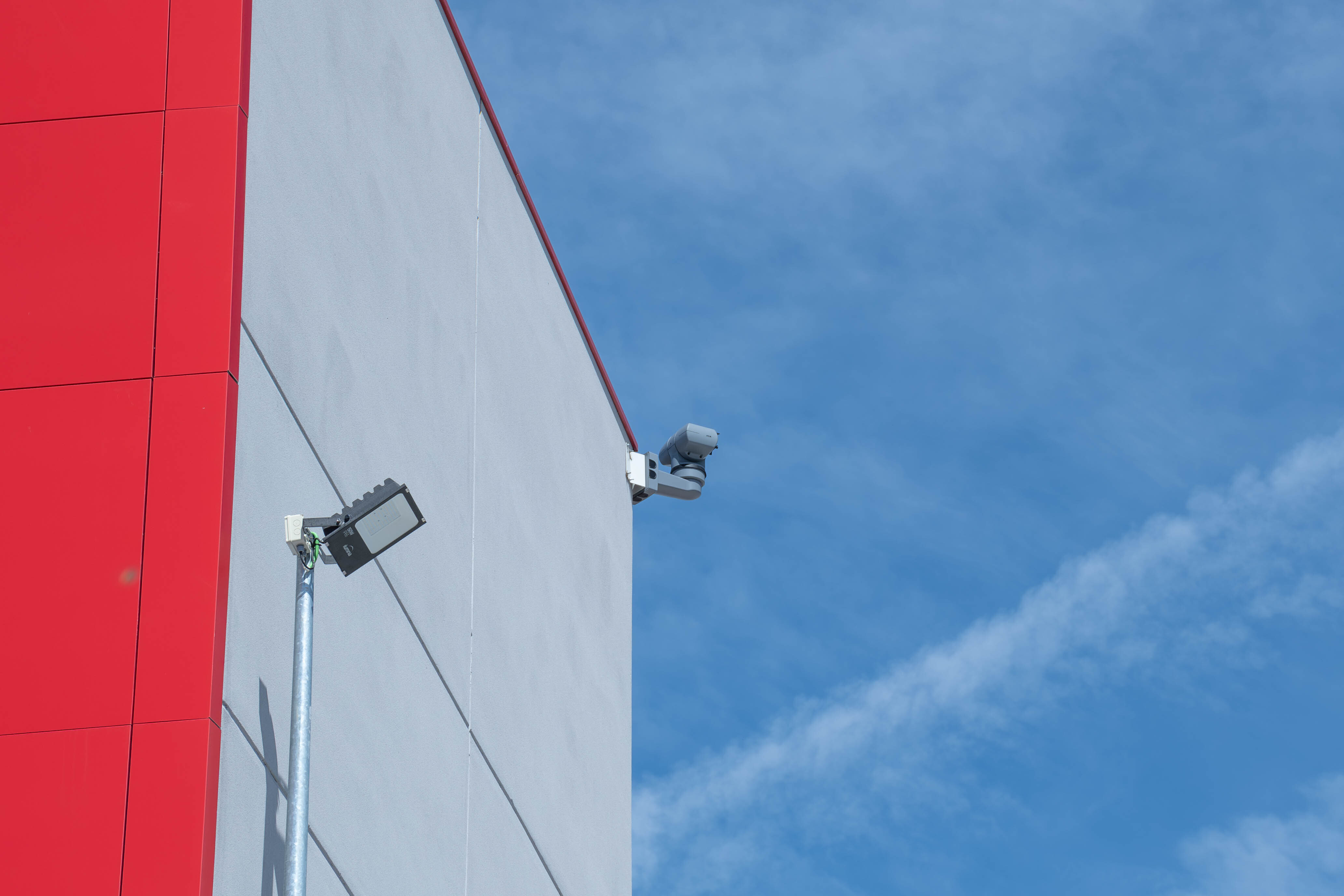Launch of the IA4Birds project tests to innovate in bird detection with artificial intelligence
After months of work, we are pleased to announce updates on IA4Birds, a project coordinated by AIR Institute and funded by Fundación Biodiversidad, where cutting-edge technology meets nature. The advanced AXIS Q6225-LE PTZ camera is now installed at AIR Institute's headquarters on Santiago Madrigal Avenue in Salamanca, a natural area very close to the Tormes River. The location was not chosen at random; the proximity to the river is a privileged area for observing a wide variety of birds, making it an ideal place to start this ambitious initiative.

This location will allow the team to begin training and thus advance AIR Institute's efforts to innovate and contribute to the study and conservation of biodiversity. The aim of this phase of the project is to develop and train AI models that are not only able to detect the presence of birds automatically, but also to identify specific species such as the stork, red kite, kestrel and Iberian imperial eagle (initially these are the birds that have been detected near the facilities). This effort represents a significant step towards understanding and protecting these species, many of which are vulnerable.
Over the next few weeks, the researchers will devote their efforts to training these detection models, using images captured by the AXIS Q6225-LE PTZ camera. This camera, known for its exceptional image quality and high zooming capability, allows to not only capture detailed images of birds in their natural environment, but also to effectively track their movements, providing valuable data for the IA4Birds project.
This project is just the beginning of what is expected to be a long and fruitful collaboration between technology and conservation, demonstrating once again that innovation can play a crucial role in protecting the planet and its inhabitants.

The IA4Birds project is an initiative in which AIR Institute is supported by the Biodiversity Foundation of the Ministry for Ecological Transition and Demographic Challenge (MITECO), in the framework of the Recovery, Transformation and Resilience Plan (PRTR) funded by the European Union - NextGeneration EU. You can read about the latest activities on the website, available here.